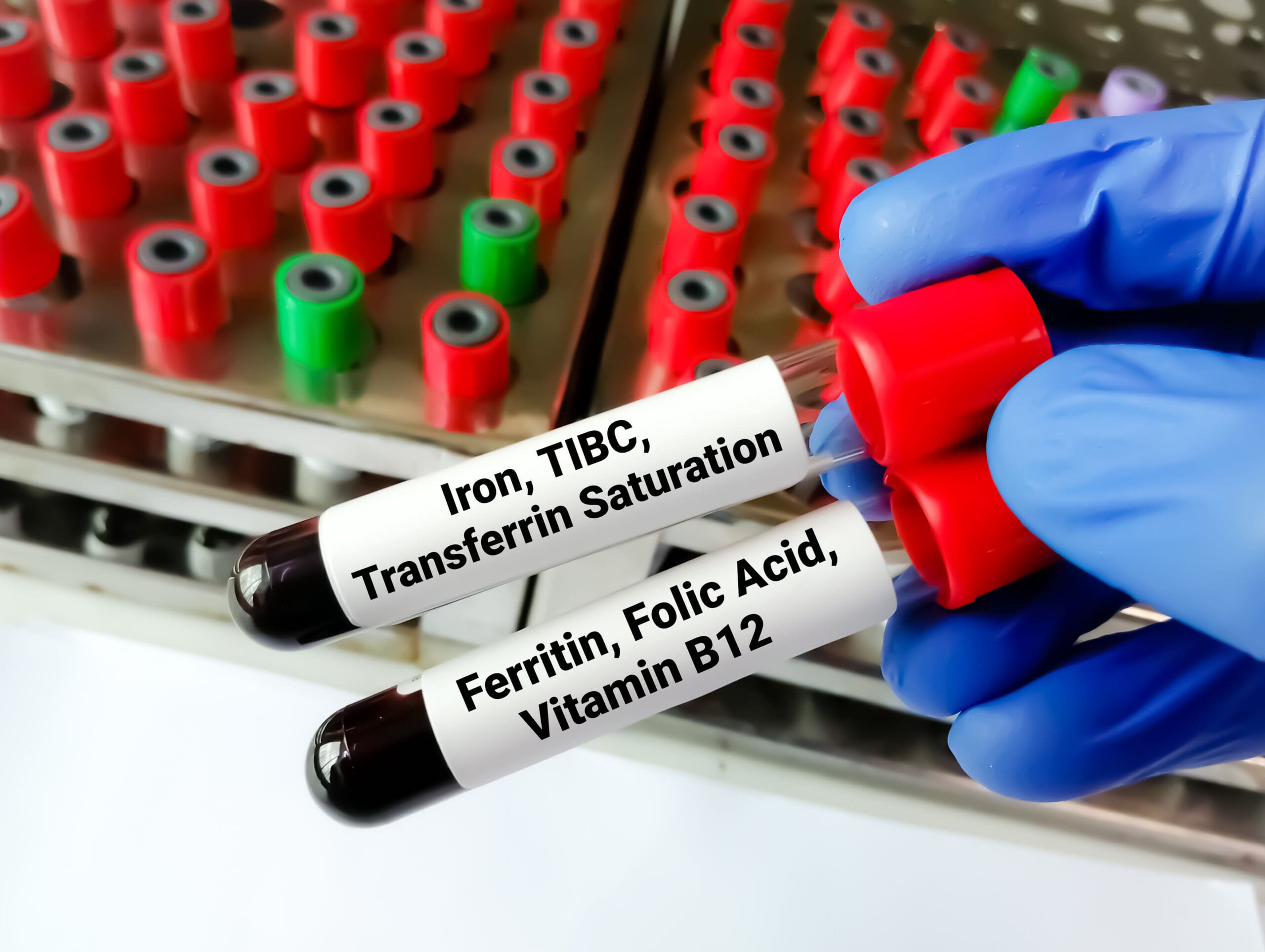Blood tests for Liver Function
Some of the standard or routine blood tests that your doctor will order to check “liver function” are in reality only able to detect liver damage.
These tests may not be sensitive enough to accurately reflect whether your liver is functioning at its optimum level.
These tests will usually be abnormal in significant liver disease or liver distress; however, they can still give normal readings in some cases of mild liver disease.
This is why imaging tests of the liver and gallbladder, such as ultrasound scans or CAT scans or MRI scans are important. These imaging tests can determine the degree of liver disease and if there are any tumours, cysts, gallstones or fatty accumulations, which change the texture of the liver.
Thankfully it is often possible to return abnormal liver function tests to normal with our dietary program and recommended regime.
A routine blood test for liver function will be processed by an automated multi-channel analyser, and will check the blood levels of the following:
• Total Bilirubin
The normal range is:
2 – 20 umol/L or 0.174 to 1.04 mg/dL. This test measures the amount of bile pigment in the blood.
If blood levels of bilirubin become very elevated, the patient may have a yellow colour to their skin and eyes and this is known as jaundice.
• Liver Enzymes
AST (aspartate aminotransferase), which was previously called SGOT, can also be elevated in heart and muscle diseases and is not liver specific.
The normal range of AST is 0 – 45 U/L.
ALT (alanine aminotransferase), which was previously called SGPT, is more specific for liver damage.
The normal range of ALT is 0 to 45 U/L.
ALP (alkaline phosphatase) is elevated in many types of liver disease, but also in non-liver related diseases.
The normal range of ALP is 30 – 120 U/L.
GGT (gamma glutamyl transpeptidase) is often elevated in those who use alcohol or other liver-toxic substances to excess.
The normal range of GGT is 0 – 45 U/L.
Why do all or some of these enzymes become elevated in cases of liver disease?
Normally these enzymes are mostly contained inside the liver cells; they only leak into the bloodstream when the liver cells are damaged. Thus, measuring liver enzymes is only able to detect liver damage and does not measure liver function in a highly sensitive way.
• Blood Proteins
These proteins are manufactured by the liver and are measured in the blood test for liver function.
Their normal ranges are as below:
Total protein: Normal range is 60 – 80g/L or 6 – 8g/dL
Serum albumin:
Normal range is 38 – 55g/L or 3.8 – 5.5g/dL
Serum albumin is a good guide to the severity of chronic liver disease. A healthy liver manufactures plenty of albumin and falling levels of blood albumin show deteriorating liver function.
Globulin protein:
Normal range is 20 – 32g/L or 2 – 3.2g/dL.
Blood levels of globulin may be abnormal in chronic liver disease. Elevated levels of globulin proteins in the blood usually mean excessive inflammation in the liver and/or immune system. Very high levels may be seen in some types of cancers.








Leave A Comment